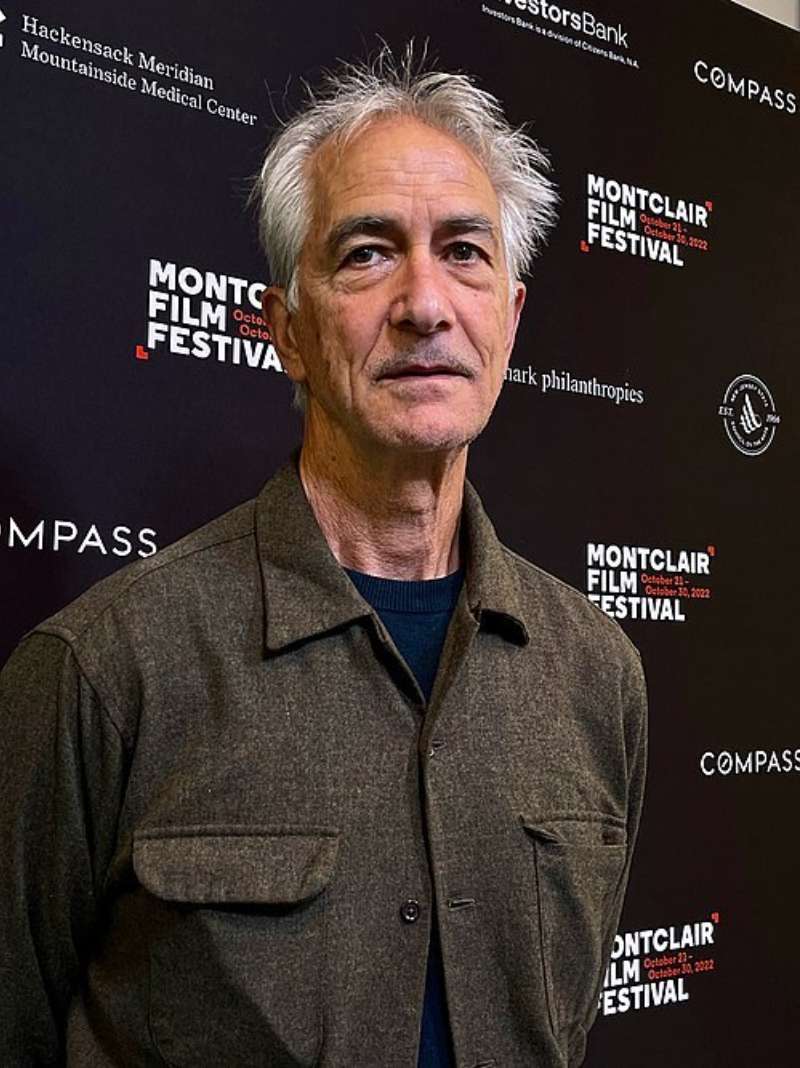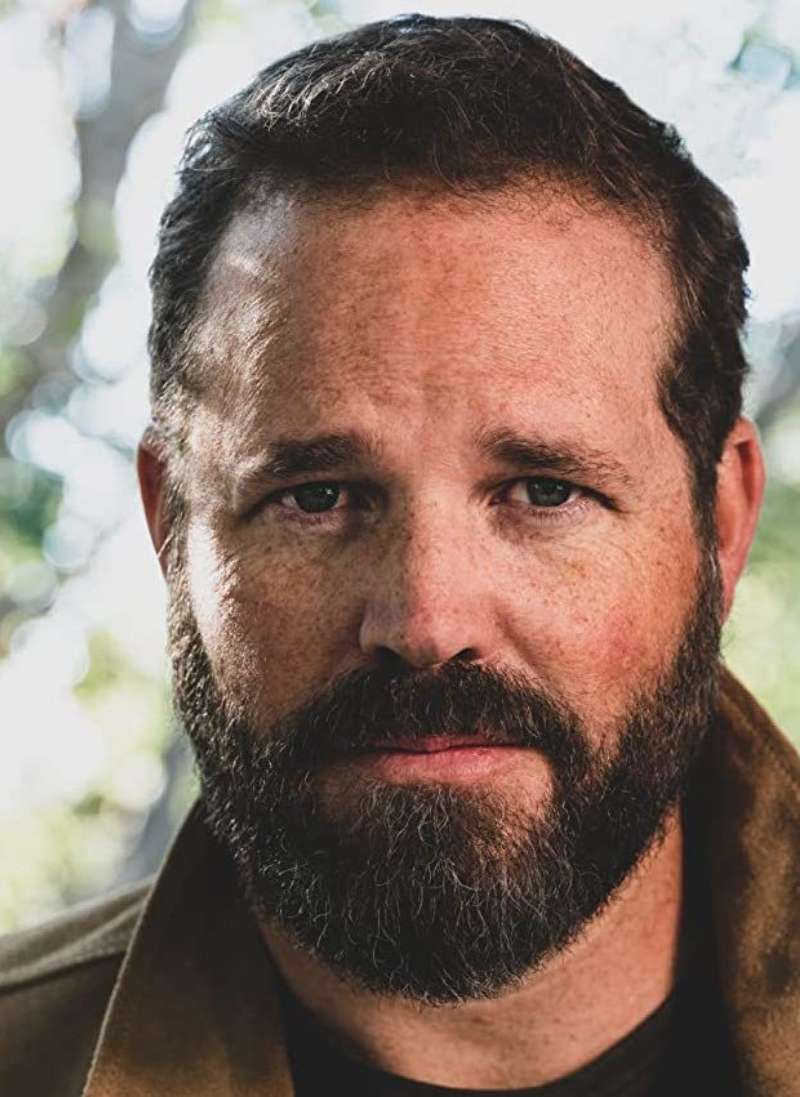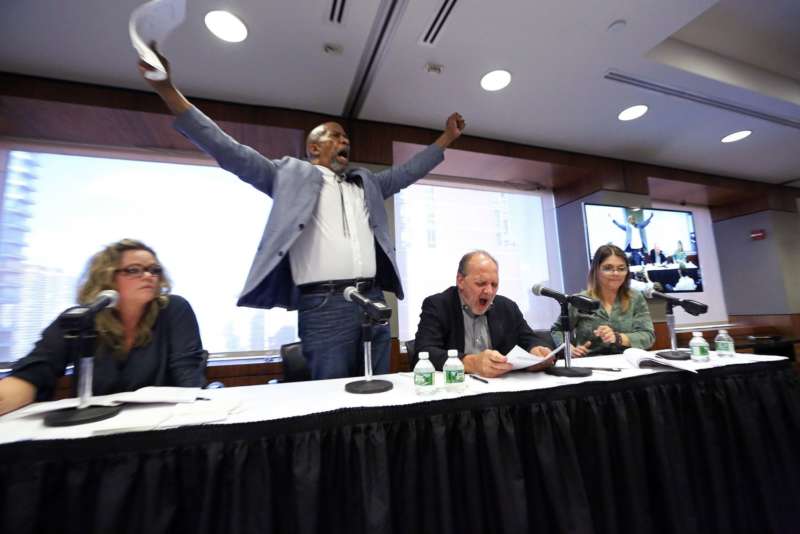Open to Public
Oedipus at Colonus
About the play
-
Oedipus at Colonus by Sophocles
After years of wandering in exile, without shelter or protection, the blind, elderly beggar Oedipus stumbles upon the sacred grove of the Furies on the outskirts of Athens in an area called Colonus, with his daughter Antigone by his side. Upon discovering where they are, Oedipus reveals that an oracle has foretold he will finally find refuge and rest in Colonus, and Oedipus’ body—after he is dead—will protect the city that houses it for all time. No longer the polluted and banished man, whose very presence brings bad fortune to anyone who comes in contact with him, over the course of the play, Oedipus transforms into a holy suppliant, sacred to the gods, bestowing gifts upon those who show him compassion and mercy. Oedipus at Colonus interrogates the impulse to exile, warehouse, and dehumanize people seeking shelter, asylum, and protection, and explores why showing reverence and respect for the less fortunate always makes communities stronger.
Cast Members
-

Taylor Schilling
-

Bill Camp
-

Frankie Faison
-

Marjolaine Goldsmith
-

David Strathairn
-

David Denman
-

Jon Tazewell
-

Matthew T. Starr
-

Lars Hanson
Explore Projects
-
 Addiction & Substance AbuseAddiction Performance Project
Addiction & Substance AbuseAddiction Performance ProjectDesigned to raise awareness about opiate addiction and alcohol abuse, the project is intended to promote dialogue about helping those who are struggling with addiction.
-
 GenocideThe Investigation
GenocideThe InvestigationTheater of War Productions and the Museum of Jewish Heritage, in partnership with the National Yiddish Theatre Folksbiene, present readings of scenes Peter Weiss' play The Investigation, a piece of documentary theater adapted from the Frankfurt Auschwitz Trials of 1963-1965. This project centers on guided discussions about mass murder and its lasting impact upon individuals, families, communities, and countries throughout the world. Performed by a diverse cast, including international performers from communities affected by genocide, The Investigation seeks to generate powerful dialogue across cultures and communities about the human capacity for evil, as well as the systems and hierarchies that create the conditions for unthinkable violence.
-
 Ethics & The Justice SystemTheater of Law
Ethics & The Justice SystemTheater of LawDeveloped with New York University’s Forum on Law, Culture, & Society, and designed as a professional development program for legal professionals, as well as for the general public, Theater of Law drives conversations about moral justice in the court system. The project is aimed at engaging audiences who have in some way been disenfranchised by the law in constructive, powerful dialogue.
